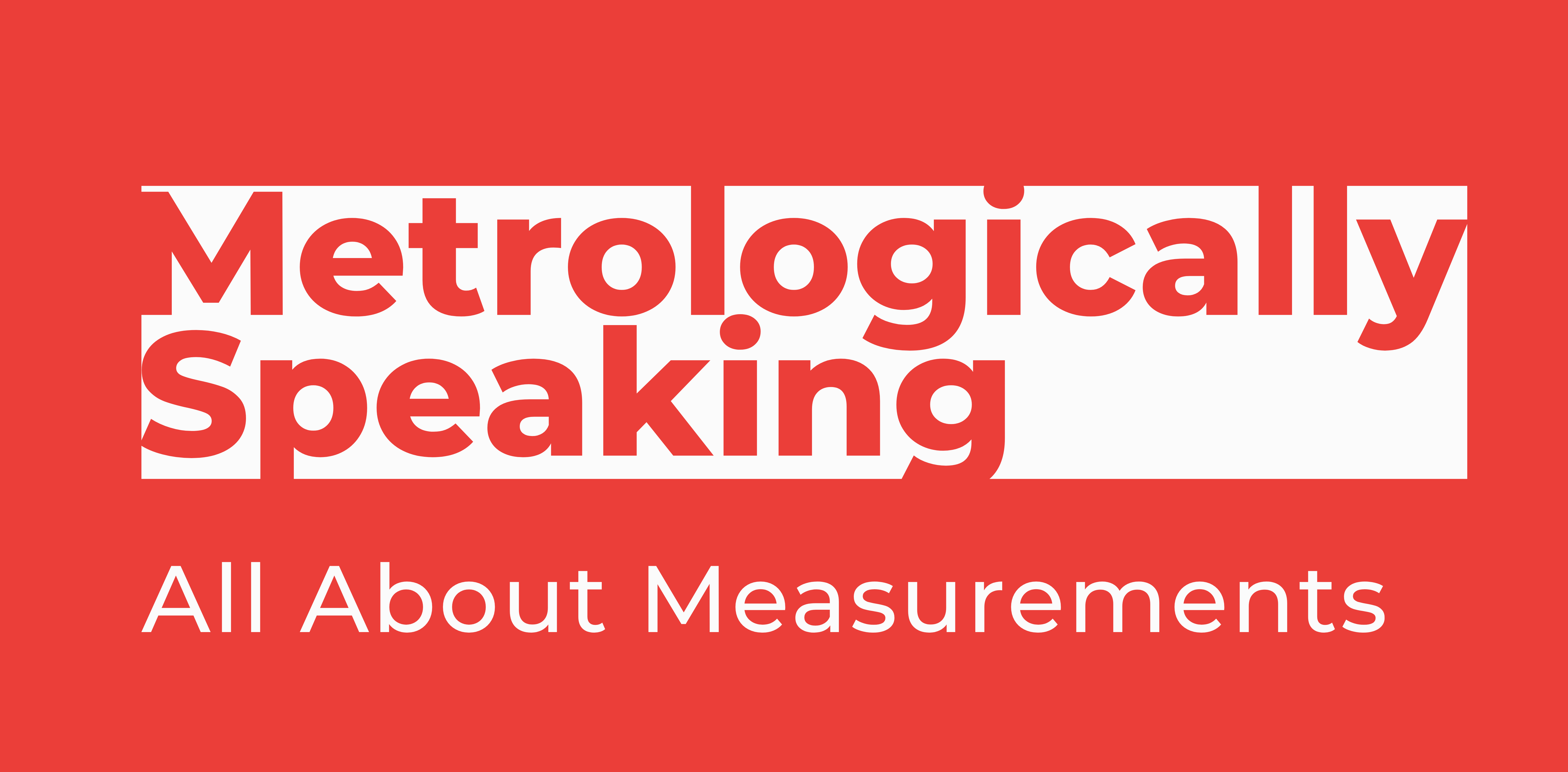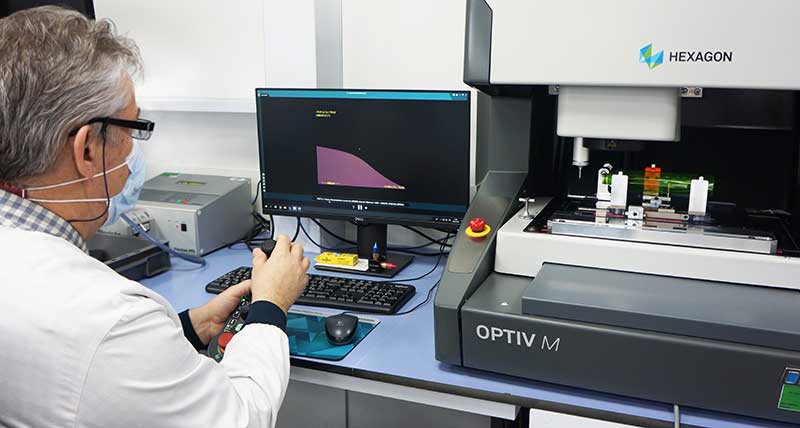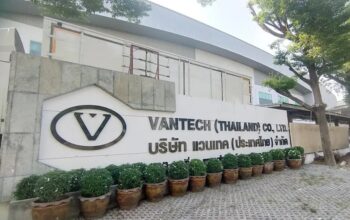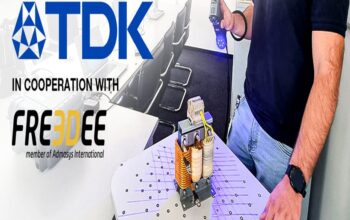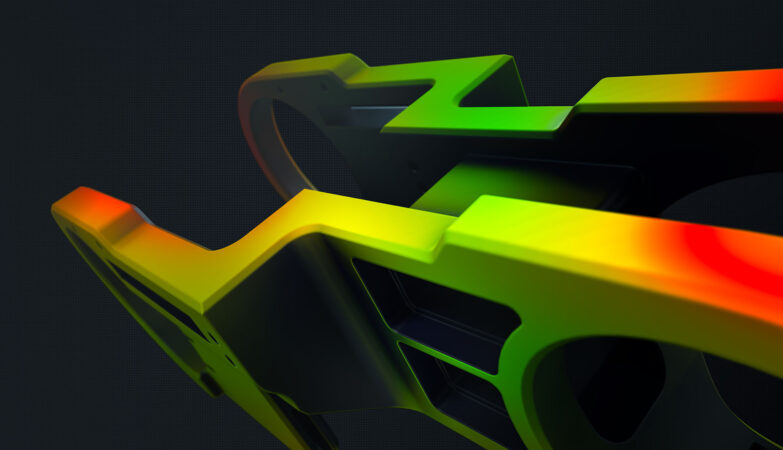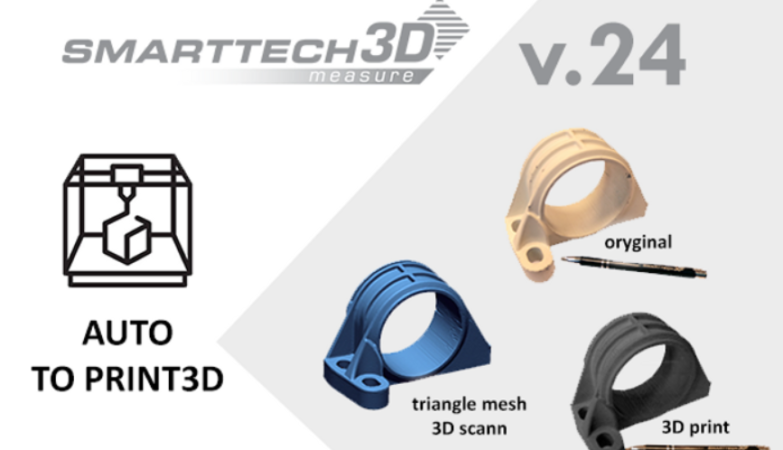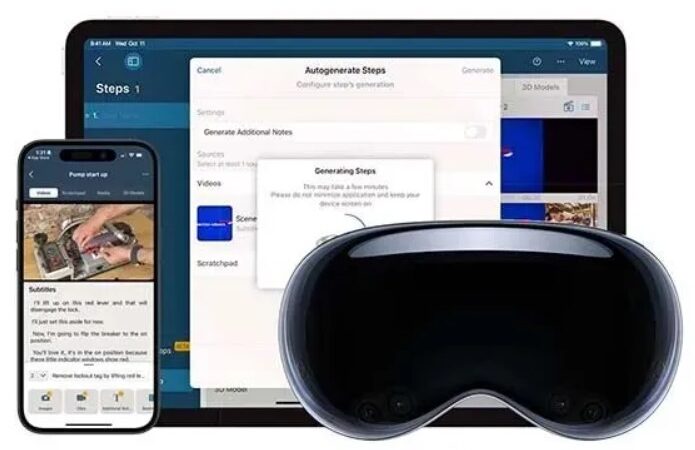L’Oréal, Rambouillet production site, France.
The multisensor machine OPTIV M 3.2.2 equipped with pallet mode not only offers precise and automated dimensional measurements of L’Oréal caps and bottles, but also makes it possible to develop real packaging expertise on other analysis criteria such as deformation and bottle verticality.
Founded in France in 1909, the L’Oréal Group is the world leader in the cosmetics industry. Dedicated to the beauty business, the Group has 88 000 employees worldwide. L’Oréal relies on its excellence in research and innovation and its 4100 researchers to meet all the world’s beauty aspirations. L’Oréal has made ambitious commitments to sustainable development by 2030, involving its entire ecosystem for a more inclusive and sustainable society.
With more than 10 000 employees at 44 production sites in charge of 36 international brands, L’Oréal France accounts for more than a quarter of the Group’s global production. The 240 people at the Rambouillet production site, near Paris, are responsible for the production of nearly 300 million units per year of haircare and skincare products such as shampoo, conditioner and shower products, including those for the Elsève and DOP brands.
L’Oréal’s Marketing and Development teams create each new product in a different shape, colour and/or material depending on the product categories or target markets. The recycled resin bottles, for example, are one of the latest eco-friendly innovations of the L’Oréal Paris brand. Each new creation requires an adaptation in the production processes. Specific tests are therefore necessary to ensure that any new packaging can be adapted to the packaging lines. They are also essential to validate that production will take place under the right conditions with the right yields and therefore without loss of speed in the medium term. Eric Debreuille, a chemical engineer by training and loyal to L’Oréal for more than 35 years, is today Packaging Manager of this site and in charge of this process. He works closely with the Group’s centralised packaging/development departments and the plant’s technical packaging teams.
“My role consists, among other things, of ensuring that the design choices and the packaging equipment are appropriate. To do this, on the basis of the product definition, a formalised risk analysis is used to assess the impact of packaging developments on industrial equipment. We must therefore ensure the organisation, monitoring and support of the tests by synthesising the results that will make it possible to validate or reject the technical choice”, explains Mr Debreuille.
In other words, two quality systems coexist at L’Oréal: design quality (packaging) and conformity quality (production). Mr Debreuille navigates between the two. In design, he contributes to the product definition and industrial feasibility (testing) that he builds and carries out with the centralised Packaging and technical teams, making it possible or not to approve the new packaging item.
In the site’s quality-compliance department, laboratory technicians check whether the items produced by L’Oréal’s suppliers are compliant, particularly when producing a new format for the first time or when changing materials. The specifications for the new packaging specifies the dimensional measurements to be carried out.
The OPTIV M offers precision, reliability and speed for the measurements of our bottles and capsules.“We used to carry out dimensional measurements using manual tools, including electronic callipers. However, some measurements were very complex to carry out, especially those inside a capsule and even on a bottle,” recalls Mr Debreuille.
A request for analysis from SEMATEC, a member of the Hexagon group for industrial equipment projects, resulted in the need for a three-dimensional measuring machine to help develop real packaging expertise, mainly on bottles. This is how the multisensor OPTIV machine was presented at L’Oréal. “Our decision group, consisting of the quality manager, the laboratory manager and myself, stipulated that the new tool should not only enable a more reliable, faster and automated dimensional analysis but also provide a concrete interpretation of the face and verticality deformations observed on our bottles. The aim was to correlate these measurements with our quality problems on the packaging lines”.
Combined with a series of sensors for very fast, accurate and versatile measurements, the OPTIV M 3.2.2 was the ideal solution for all the inspections and analyses required by L’Oréal. “We were quickly able to reduce inspection time on the bottles by a factor of five while ensuring more reliable measurements thanks to the combination of vision and sensor technology on the machine, which is perfectly suited to measuring certain dimensions. And the time taken to measure the caps was reduced by a factor of ten thanks to the palletisation of the system adapted to our needs”, says Mr Debreuille proudly. “Opus, Hexagon’s partner, was able to design sophisticated, high-quality fixtures adapted to the various items to be inspected and thus optimise the measurements made with our three-dimensional machine. This equipment makes it possible, among other things, to extend the volume of the OPTIV M 3.2.2 and thus to measure all sizes of vials, whatever their dimensions.”
L’Oréal uses PC-DMIS CAD++ software coupled with the Inspect operator interface with pallet option and HERO analysis report software, all from Hexagon. “I have already been able to design around 20 PC-DMIS programs and train three laboratory technicians on the machine in analysis. I am discovering new possibilities every day and can be reassured to see our level of packaging expertise grow even more in the coming months,” concludes Mr Debreuille.
